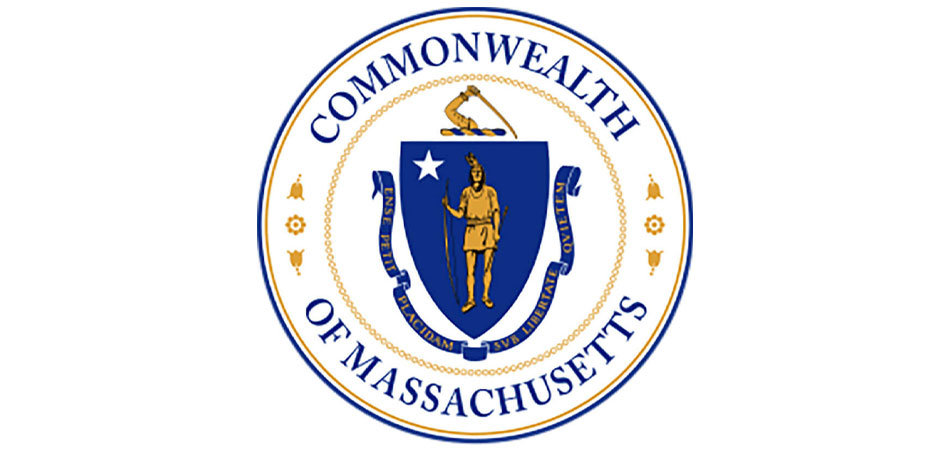In late May, Massachusetts Gov. Maura Healey announced she was eliminating outdated regulations to save businesses and business owners time and money. The change that affects grocers in the commonwealth was the overhaul of unit price disclosure requirements that had not been adjusted since the 1990s.
Brian Houghton, SVP of government affairs and communications at the Massachusetts Food Association, told The Griffin Report that the change came about following the governor’s challenge to her staff to “cut through the red tape” that businesses and industries must deal with.
The unit pricing revision under the Massachusetts Division of Standards – which comes under Healey’s Office of Consumer Affairs and Business Regulation – “aims to embrace new technology such as electronic shelf labels and do away with what they deem unnecessary business requirements such as the restriction that shelf tags must appear in white and orange only; orange is no longer the only choice retailers will have,” Houghton said.
“They also did away with an outdated listing of commodities and their unit declaration requirements to allow for easier comparison of items based upon their unit of measurement, whether it’s pounds, ounces, gallons, square feet, etc.”
Houghton added that the regulation is not a done deal yet. The Division of Standards is releasing a draft of the regulations, and a public hearing on the proposal is scheduled for July 23.
After the comment period, “the division will take all under consideration and release its final regulations, usually within two months after the hearing. We’ll continue to stay in touch with the division to convey any concerns we hear from our members,” he said.
MFA’s membership comprises more than 500 grocery stores and suppliers.
Chris Flynn, president of MFA, said in a press release regarding the proposed regulations, “Consumers will be better informed, and stores will be better equipped to provide pricing accuracy on almost every grocery store item offered for sale.
“This regulatory simplification embarked upon by the Healey-Driscoll Administration will make it easier for businesses to operate in Massachusetts and, at the same time, make Massachusetts more competitive with other states.”
Incidentally, a WalletHub study from early June proclaimed that Massachusetts has the best state economy in the U.S. It was recognized for having the highest share of jobs in high-tech industries, the highest percentage of firms that are listed on the Technology Fast 500 list, the second-most invention patents per capita and the third-highest share of STEM (science, technology, engineering, math) professionals.
[RELATED: Cape Cod’s Ring Bros. Marketplace Staying Fresh In Offerings, Branding]


Leave a comment